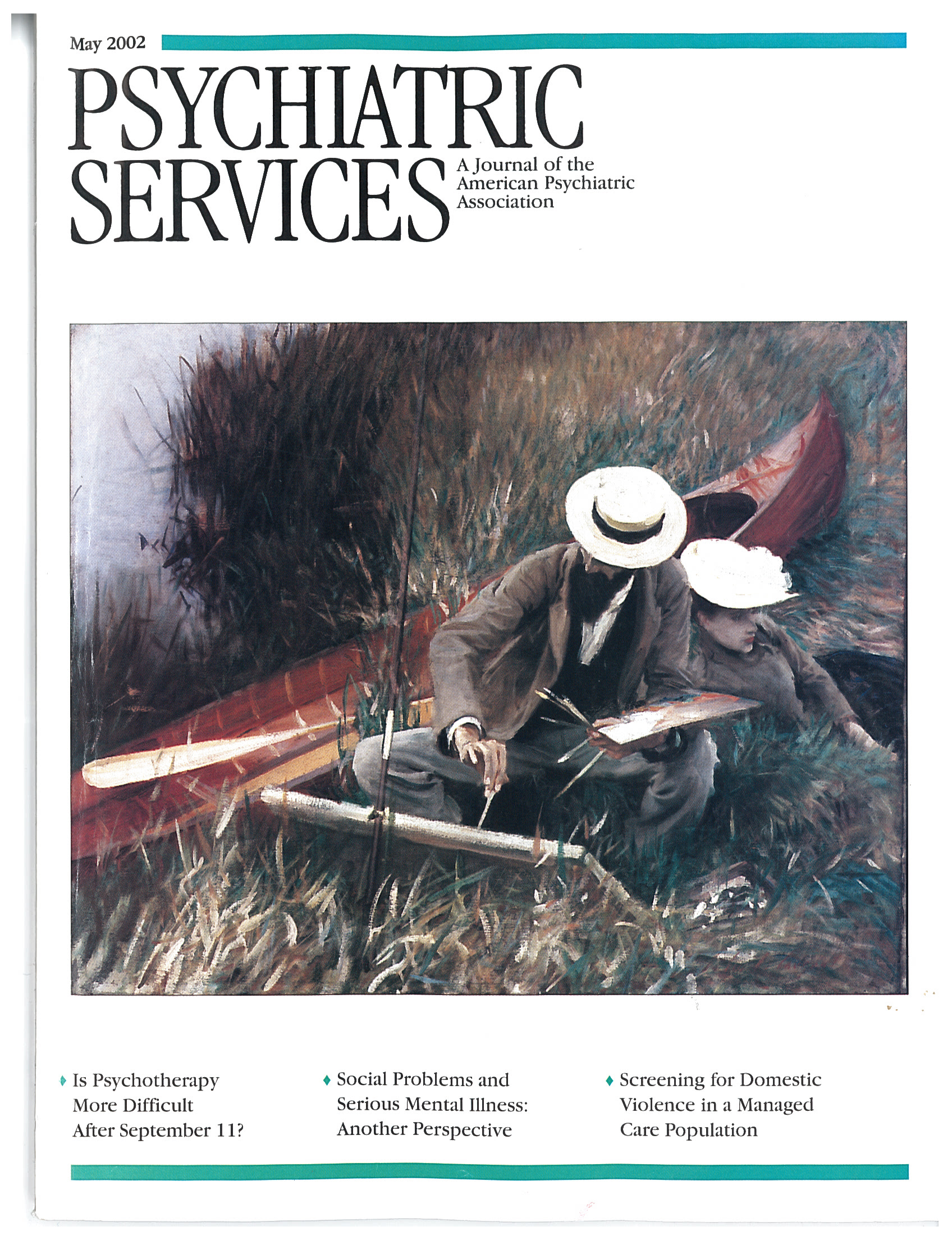In this book, Peter Brooks presents numerous examples of confessions, in settings ranging from law to literature. He also compares these forms of confession with confessions in the theological field and, to a lesser degree, with the patient's anamnestic efforts during a psychoanalytical session. With sharp and sometimes pointillistic analytical perception, he attempts to discover the justness, the realism, the degree of truth, the full sense, and the nonsense of a confession, as well as its weight and the consequences it has for the one who is uttering it.
Troubling Confessions yields a wealth of arguments and perspectives for anyone examining confessional speech or speeches. Brooks, a professor of humanities at Yale University, demonstrates a comprehensive knowledge of literature, of the literature of law and of past trials, of theology, and of psychoanalysis, and he richly documents the voluminous research that informs this book.
The book establishes many unusual references, and Brooks takes great pains to rattle the judicial trustworthiness of a confession. His arguments do not leave "the queen of proofs"—as American lawyers still call the confession—entirely dead, but they certainly leave it with less credibility than U.S. law gives it.
Brooks presents a highly readable and easily comprehensible report of virtually all known cultural phenomena that might be thought of as confession-related. He seems inclined to view all confessions as originating from some sort of pressure. He sheds new light—in unexpected ways—on different aspects of the confession, such as fear, transparency, the relationship between confessor and confessant, and subconscious motivations. He provides a veritable avalanche of arguments, conclusions, and doubts about the emphasis U.S. law places on a confession. We even get a well-documented introduction to the detectives' manuals, according to which a confession can be extorted by sheer communication tactics, without any use of violence. Obviously, such confessions cannot be taken at face value.
The book's weak point may be the lack of differentiation among the confession in a criminal case, the confession of the Catholic Church, and the confession on the analyst's couch. One reason for this might be linguistic: English provides only the word "confession" for all of the three. In German, by contrast, the law uses "Geständnis," the church uses "Beichte," and psychoanalysis avoids confession-like vocabulary altogether.
One does not entirely feel at ease with the author's judgment of Rousseau's confession (in The Confessions). In his youth, Rousseau tells us, he stole a silk ribbon, and when the theft was discovered, he allowed the chambermaid to be accused of it without intervening. Because Rousseau is a confessor, Brooks takes him very seriously, whereas, in fact, he might have been the first one to make the act of confessing his trade, thus controlling every bit of it while shaping his self-portrait as a confessor. With Rousseau, truth interferes in small and controlled doses.
Troubling Confessions is certainly worth reading, and just as troubling as the title promises. The act of confessing is successfully problematized, and proceedings in criminal cases draw particularly heavy fire. This alone would be enough to make the entire enterprise worthwhile. The book may have somewhat less urgency for the psychoanalyst, but every psychological expert could draw a great deal of benefit from it.

